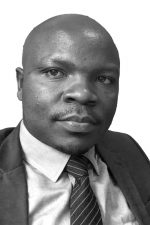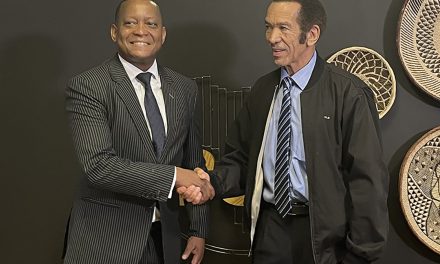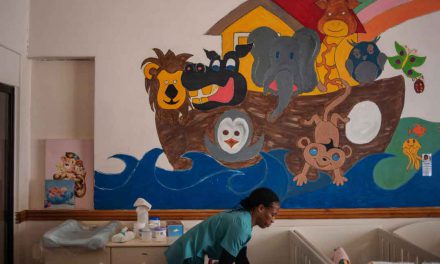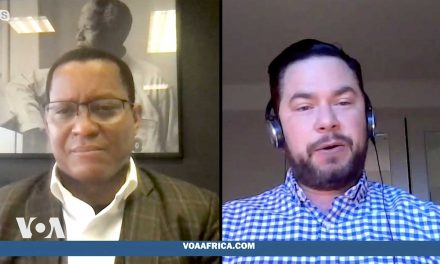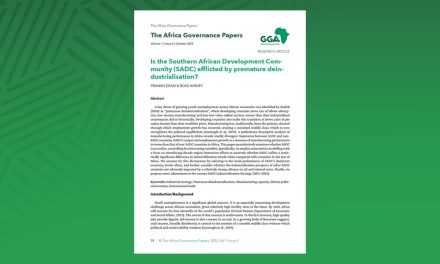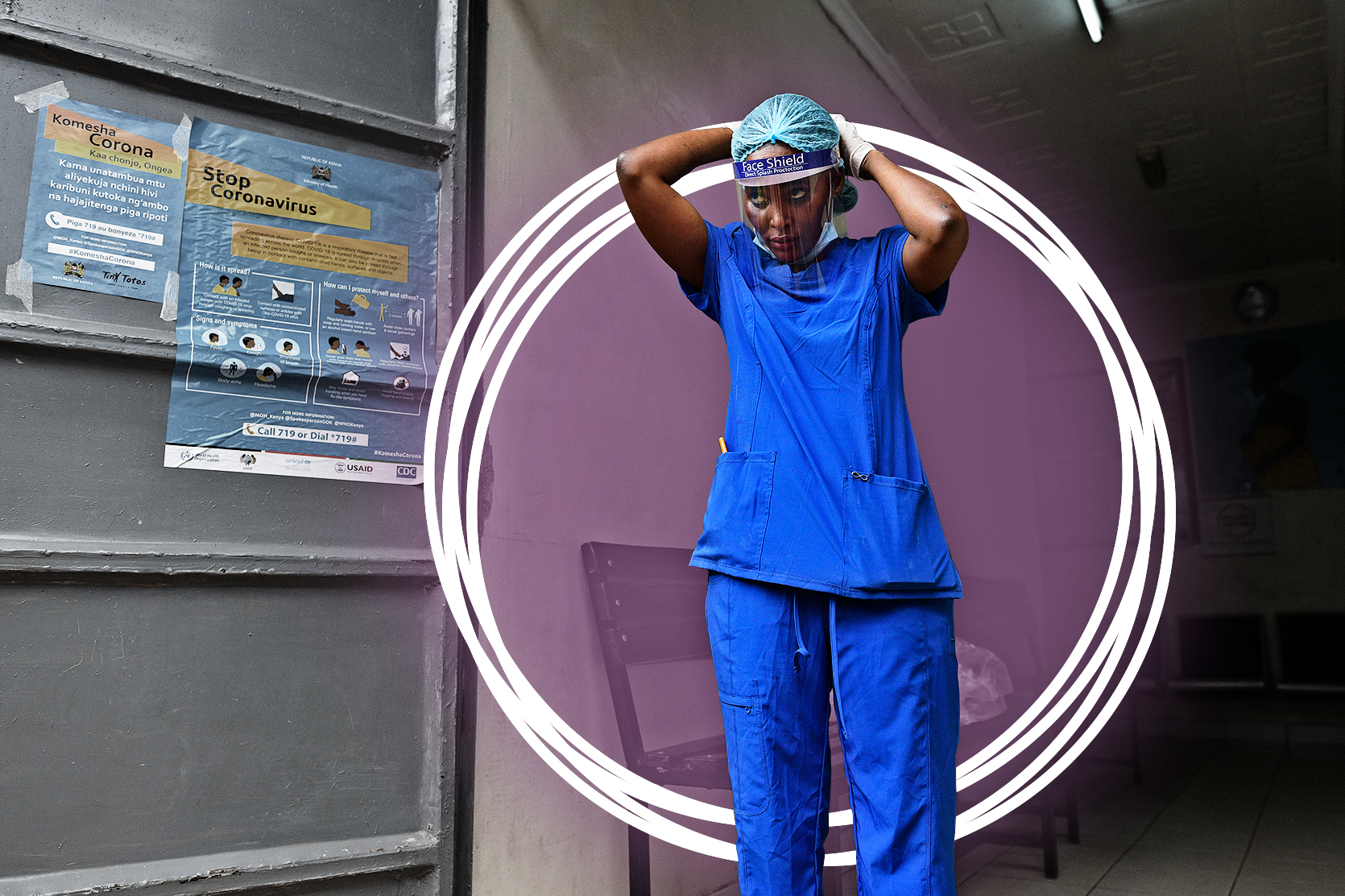
After months of coronavirus lockdown, President Uhuru Kenyatta on 7 July announced phased reopening in Kenya, paving the way for the resumption of international flights from 1 August. He also lifted restrictions on movement within the country amid mounting strain on the economy, which is chiefly driven by agriculture, while the tourism sector is also seriously battling.
In a broadcast address, the president also lifted a ban on movement in and out of Nairobi, Mombasa and Mandera but lengthened the countrywide curfew between 9pm and 4am for a further 30 days. If the situation worsens, he cautioned, he would not hesitate to revert to lockdown.
If the situation worsens, he cautioned, he would not hesitate to revert to lockdown.
The move came amid observations that coronavirus cases were growing despite restrictions on movement. Jomo Kenyatta University of Agriculture and Technology’s Prof Gichuhi Waititu attributes the growing number of confirmed cases to the increasing number of tests conducted. “In fact, Kenya should increase the number of tests across the country since the early detection of cases and proper contact tracing are crucial in the recovery of infected cases,” he notes in an opinion piece for The Elephant, a Kenyan online platform. According to a July article on statistics website Our World in Data, “[c]ountries with a very high positive rate are unlikely to be testing widely enough to find all cases.”
A day after restrictions were lifted, Deputy President William Ruto in a tweet asked Kenyans to adhere to the laid down guidelines “to shield ourselves and prevent the spread of the deadly disease”. Ruto added that the reopening of the economy was a one-time move — perhaps indicating they would not revert to lockdown — that placed the responsibility of confronting the coronavirus epidemic on individuals.
His call for individual responsibility came after a consultation session with religious leaders, who he saluted for their actions and their influence on people’s attitudes and behaviours in addressing the pandemic and taming its spread. But by passing the burden of the battle against coronavirus onto individuals, Kenya appeared to have delegated its duty to them, observed political analyst David Makali. He argued in a tweet on 7 July that the government should have intensified enforcement of the protocols aimed at containing the virus’s spread “ruthlessly, before we run into a real crisis”.
By passing the burden of the battle against coronavirus onto individuals, Kenya appeared to have delegated its duty to them.
It is worth noting that since March, when the first case of the disease was confirmed, the authorities have put in place various measures to curtail its spread. These include the mandatory wearing of face masks in public and the maintenance of at least one metre’s distance from other people. However, the government is yet to offer clear guidance on which face masks to wear. (Many face coverings for sale are made locally and some have been deemed to be fake). Worse, many Kenyans do not know how to put on the face masks.
On 14 April, Kenya introduced fines and/or a jail term for people breaching its Covid-19 measures. Businesses were instructed to make sanitary services available at their entrances, with those found to be flouting the regulation facing a possible six-month jail time or a Ksh20,000 ($200) fine. Ironically, the directives were made at a time when Kenya faced a serious shortage of masks, prompting Health Cabinet Secretary Mutahi Kagwe to ask Kenyans to use scarfs to cover their faces.
After slightly more than three months since wearing face masks was made compulsory, it would appear that most Kenyans are not adhering to the guidelines. Maximillah Njoroge, a grocery dealer at the populous Wangige market on the outskirts of Nairobi, says she does not have enough money to purchase protective gear.
Many Kenyans do not know how to put on the face masks.
“Whatever income I earn from my small business, I [use to] buy food and pay rent for my family,” says the mother of five. She re-uses the single surgical mask she does have, to save on the “unnecessary expenditure” of buying a new one.
Kenyans feel the government has not yet done enough, despite receiving colossal amounts of support from the international community to confront Covid-19. On 2 April, the World Bank Group approved $50 million in immediate funding to support Kenya’s response to the global pandemic. The World Bank Country Director for Kenya, Carlos Felipe Jaramillo, said the new fast-track facility would assist Kenya in its efforts to prevent, detect and respond to the threat posed by Covid-19 and strengthen national systems for public health preparedness, according to a World Bank media release of 2 April.
On 28 April, the US Centers for Disease Control and Prevention donated $6.6 million “to be used for surveillance, laboratory supplies and strengthening, and surge staffing costs”. On 6 May, the International Monetary Fund (IMF) approved an amount of $739 million to be drawn from the Rapid Credit Facility to help to meet Kenya’s urgent balance of payments deficit, stemming from the outbreak of the COVID-19 pandemic, according to IMF Deputy Managing Director Tao Zhang.
Kenyans feel the government has not yet done enough, despite receiving colossal amounts of support from the international community to confront Covid-19.
On 20 May, the World Bank approved another $1 billion for “budget support” aimed at addressing the “financing gap” in the country’s efforts to contain the virus, and to support Kenya’s economy. On 22 May the UN Environment Programme, through its Africa office, donated personal protection equipment worth $300, 000 and on 29 June the European Union, through its Civil Protection and Humanitarian Aid Operations department, donated Ksh270 Million ($2.7 million) to the World Health Organisation Kenya, which it said “will be used by the WHO to support the government of Kenya’s efforts to control the spread of the pandemic”.
In April, the Directorate of Criminal Investigations (DCI) said it was investigating two attempts, one of which was foiled, to steal Covid-19 medical equipment donated by Alibaba founder Jack Ma and the Chinese government. According to Kagwe, the successful theft may have been a product of a collusion between Ministry of Health officials and local and Chinese businessmen.
Kenyans are wondering if they have been left to face the threat of the virus on their own as senior government officials and politicians cash in on the outbreak, says Mohamed Mohammud, an independent Nairobi-based activist. “Where are the masks that we were promised? Where are the sanitisers? It is time that power was held to account.”
Kenyans are wondering if they have been left to face the threat of the virus on their own as senior government officials and politicians cash in on the outbreak.
Kenyans also take issue with the abnormally high prices of masks and alcohol-based hand sanitisers available on the market with businesses making a killing from the crisis. “We do not even know which mask is genuine and which is fake. There has been no awareness-raising at all, not even on how we are supposed to wear the masks,” says Mwangi Kimani, a mobile phone trader in Nyeri in central Kenya.
Members of the police are reportedly harassing people and extorting bribes as they purport to enforce official Covid-19 guidelines. On 25 June, chaos erupted in Nandi in the Rift Valley after a policeman allegedly killed a cobbler who he accused of not wearing a mask. And on 5 July, a police station in Kisii County was set ablaze after a police officer shot dead a hawker for allegedly selling fake masks.
On 10 July, in what appears to have been a retaliation for such heavy-handed actions, a mob in Mombasa attacked and seriously injured a policeman after he tried to arrest a middle-aged man for not wearing a mask. The Independent Policing Oversight Authority “strongly” condemned the attack, noting that such “lawless actions are likely to foster anarchy and break established order in society”.
“There has been no awareness-raising at all, not even on how we are supposed to wear the masks”.
Meanwhile, as the burden of combating the virus has been placed on individuals, county governments continue to grapple with budgetary constraints due to erratic and insufficient allocations from the national government. Health care is a fully devolved function in Kenya, but county governors claim their allocations are routinely informed by the inclinations of political parties.
“These biased allocations are harming our operations and services to the people in the middle of coronavirus challenges,” a county governor told Africa in Fact in confidence. Development partners and the international community would need to work directly with counties on health issues if their resources and donations were to be impactful, he said.
We’d love to hear from you! Join The Wicked Conversation by leaving your comments below, or send your letter to the editor to richard@gga.org.
Mark Kapchanga is a senior economics writer for the Standard newspaper
in Kenya and a columnist for the Global Times, an English-language newspaper
in China. He is pursuing a PhD in investigative business journalism at the
University of Nairobi.


